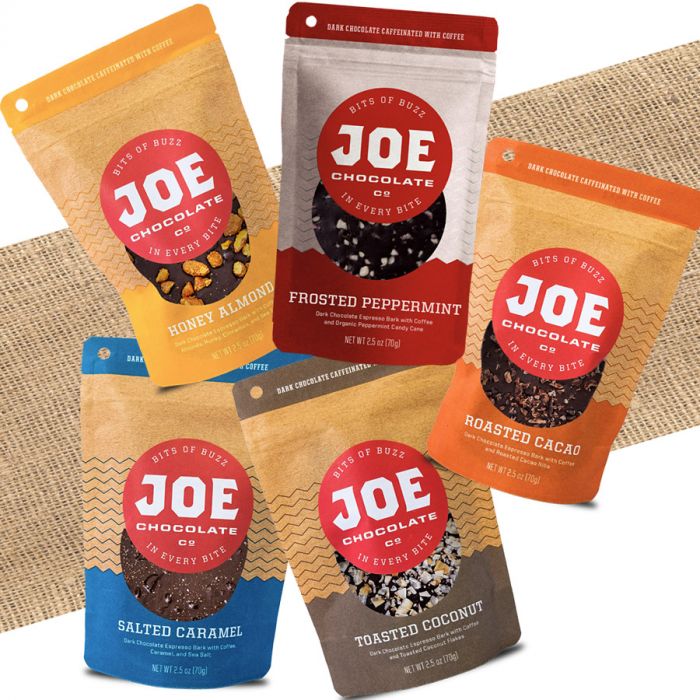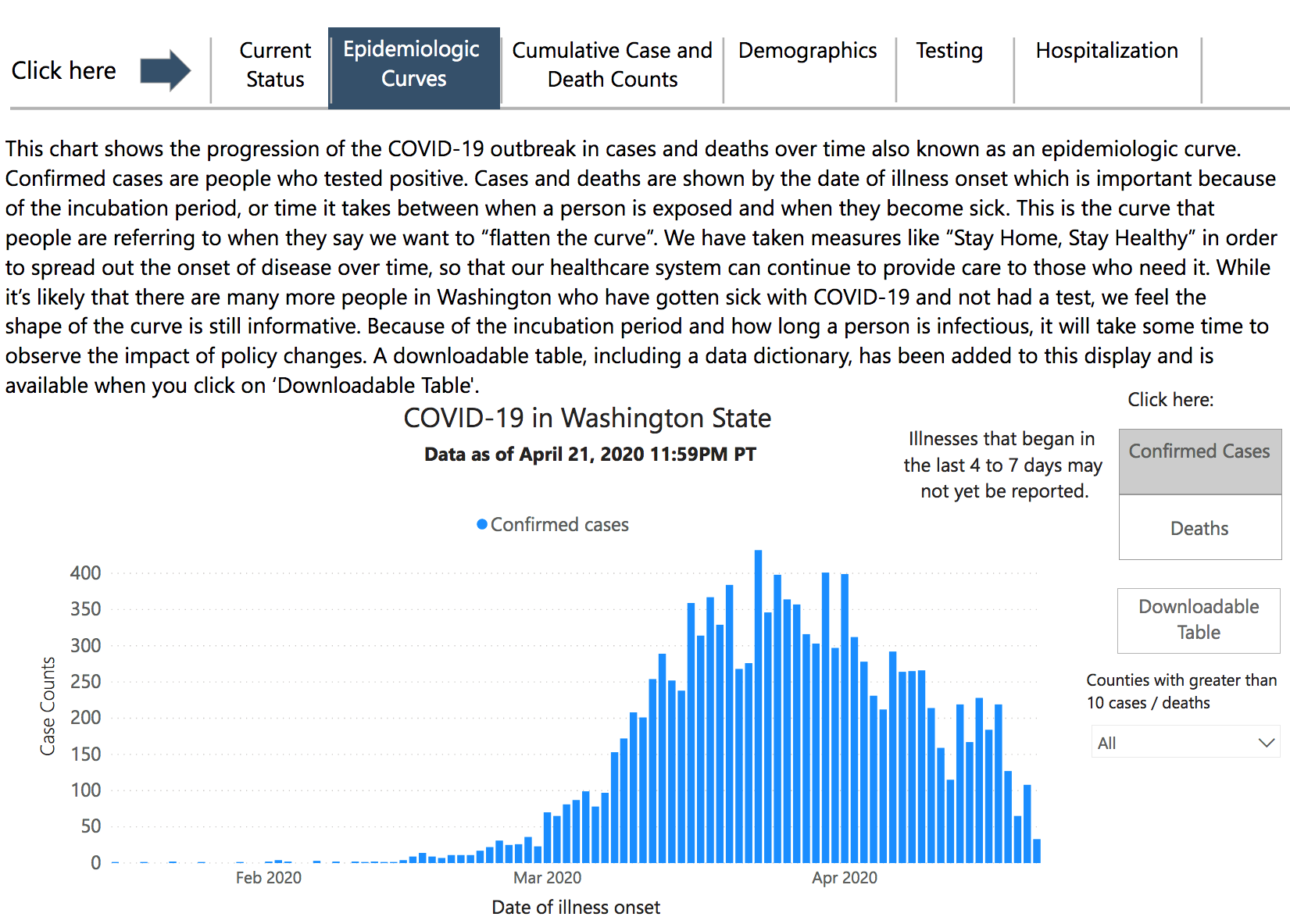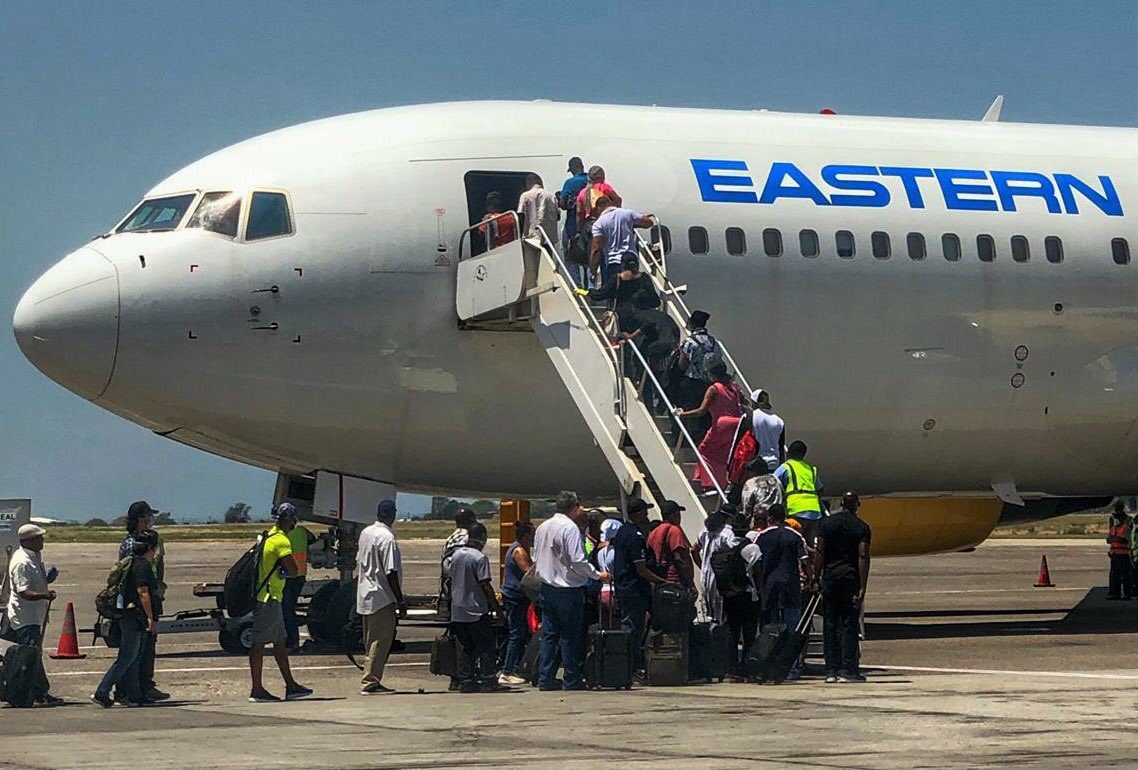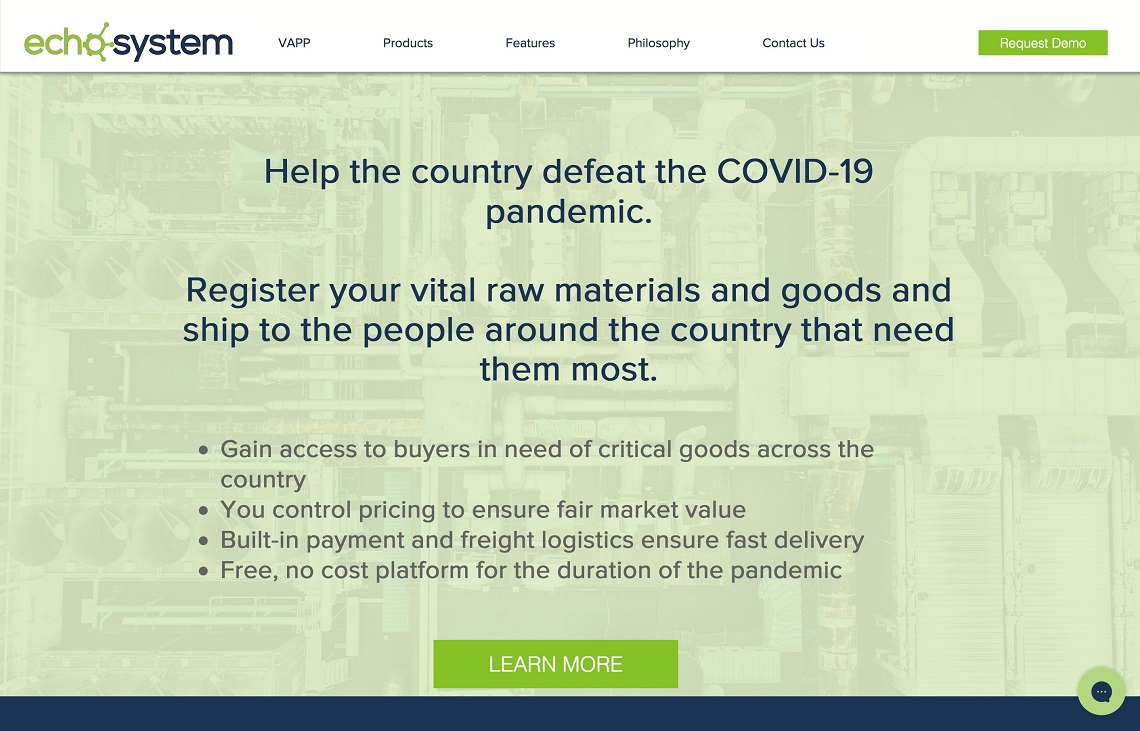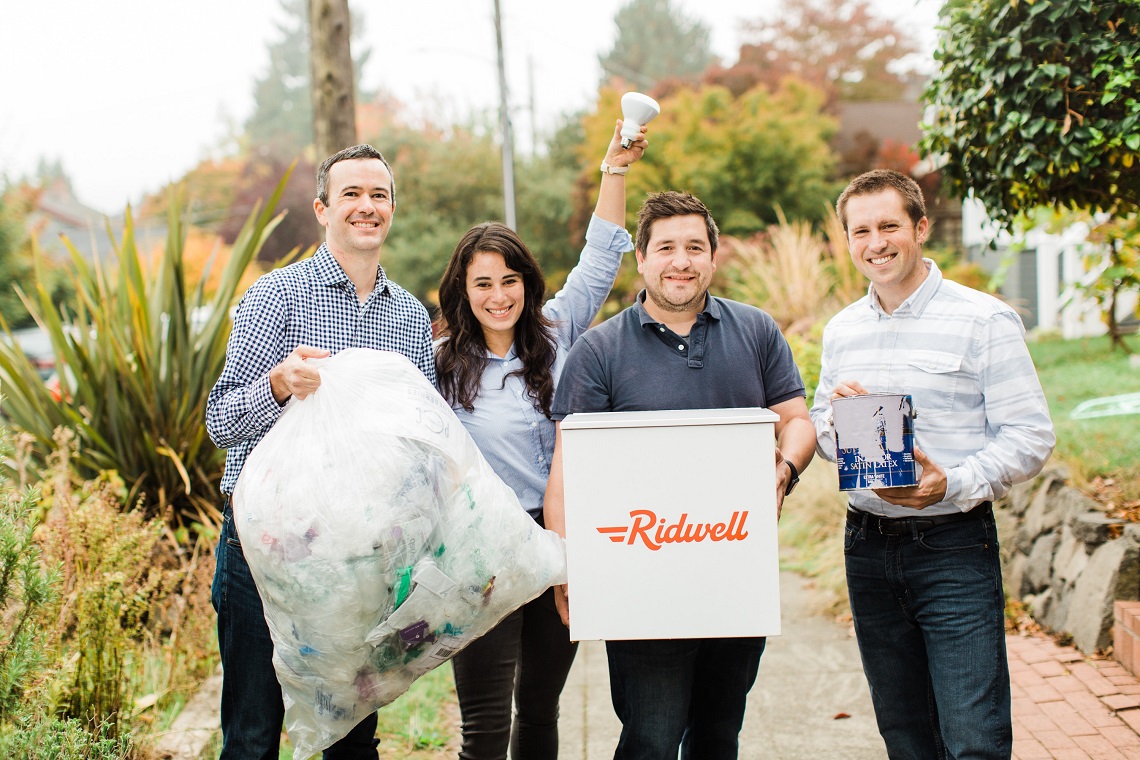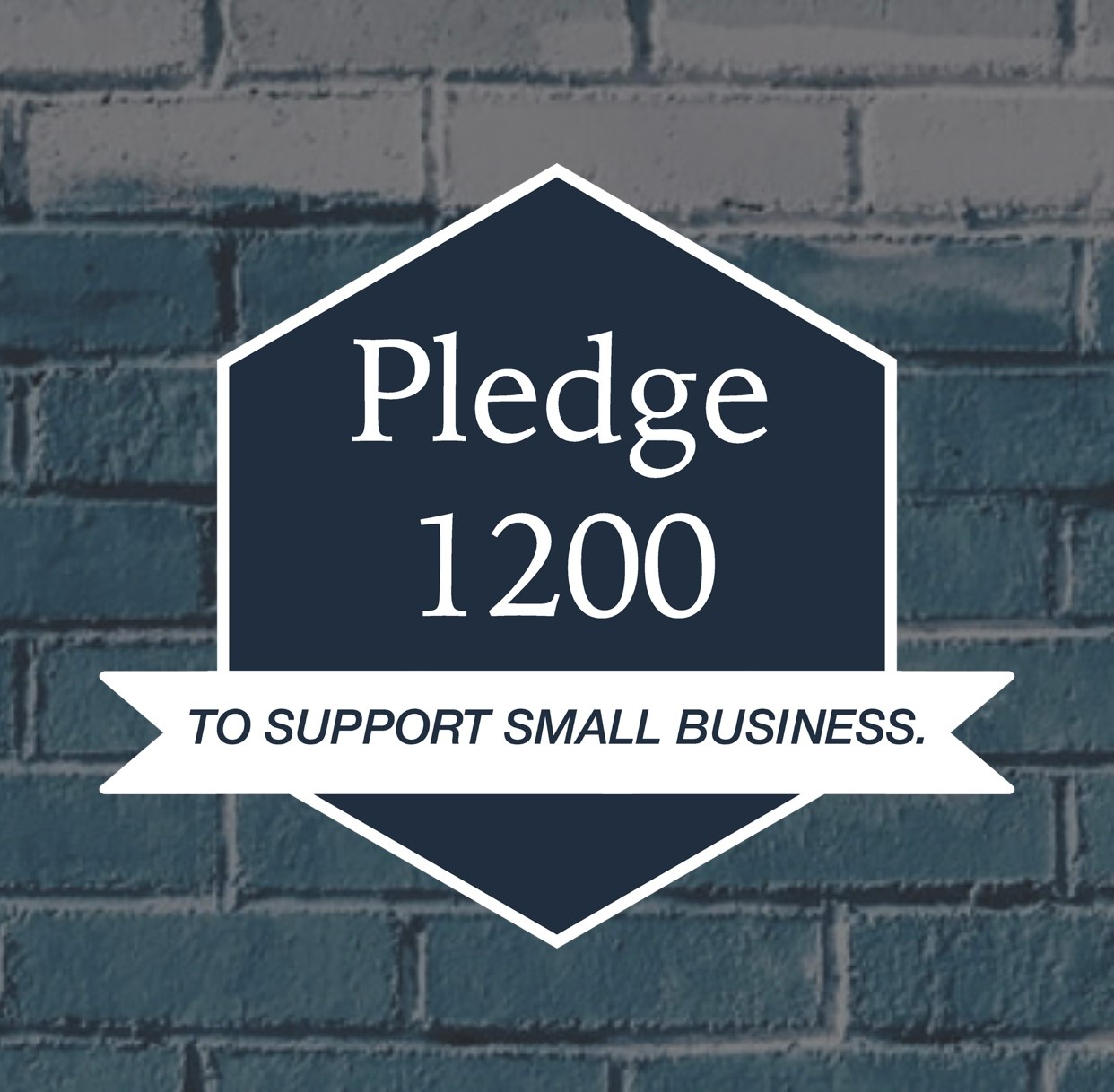Foster Fights COVID-19
15 inventive ways that alumni, faculty and students have joined the battle against an unprecedented pandemic
In the earliest days of the coronavirus pandemic, Foster School students, faculty, alumni—and their companies—rose to the crisis. Many got creative to keep their livelihoods alive. Some got creative to help the larger cause. Here are a few examples of the Foster community acting with speed, innovation and care in the collective fight against COVID-19.
1
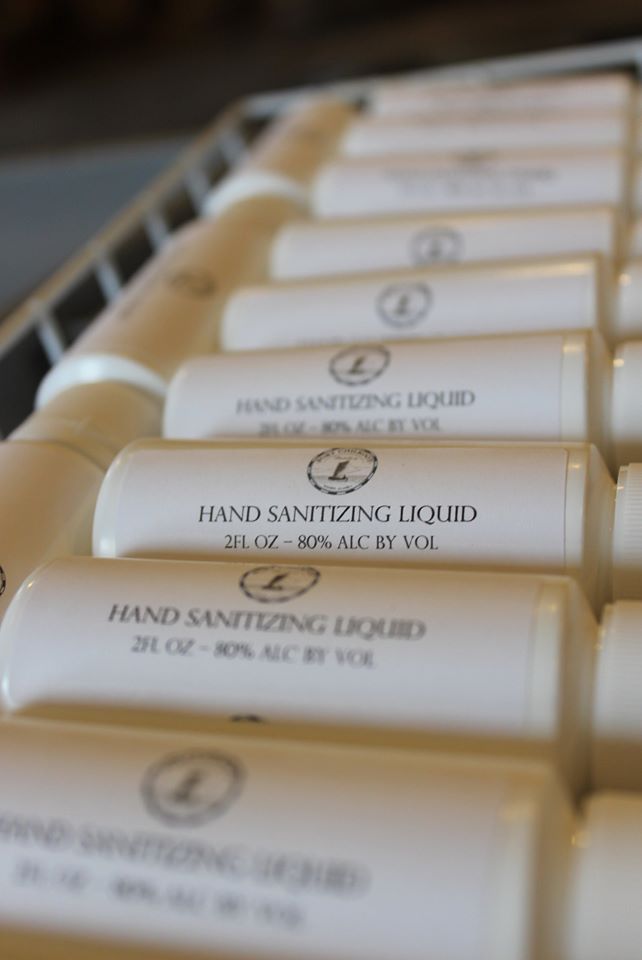 When panic in the early days of the outbreak created a run on Purell (and all manner of hygiene products), three alumni craft distillers—Mhairi Voelsgen of BroVo Spirits (Executive Education 2006), Jeff Glenn of Highside Distillery (Executive MBA 1993) and Heather Shade of Port Chilkoot Distillery (Minority Business Executive Program 2016)—shifted production from spirits to sanitizer to support healthcare workers, nursing home caregivers, fire fighters, police officers, transit drivers and retail clerks.
When panic in the early days of the outbreak created a run on Purell (and all manner of hygiene products), three alumni craft distillers—Mhairi Voelsgen of BroVo Spirits (Executive Education 2006), Jeff Glenn of Highside Distillery (Executive MBA 1993) and Heather Shade of Port Chilkoot Distillery (Minority Business Executive Program 2016)—shifted production from spirits to sanitizer to support healthcare workers, nursing home caregivers, fire fighters, police officers, transit drivers and retail clerks.
2
When kind-hearted DIYers were still sewing face coverings in their basements for PPE-less medical workers, Strideline co-founders Riley Goodman and Jake Director (former Lavin Entrepreneurship Program students) transferred the technology behind their “world’s most comfortable socks” into custom-printed masks for the masses—and they donated proceeds from each sale to fund medical-grade PPE for front-line workers.

3
As commercial flight ground to a near standstill, Alaska Airlines—led by a host of Foster alumni, including CEO Brad Tilden (MBA 1997)—kept transporting medical staff, critical supplies and hundreds of thousands of medical-grade masks and mask-making materials to equip frontline caregivers at hospitals across the Providence system, as well as joining the Seattle Foundation COVID-19 Response Fund and donating food and technology to emergency service providers around the region.
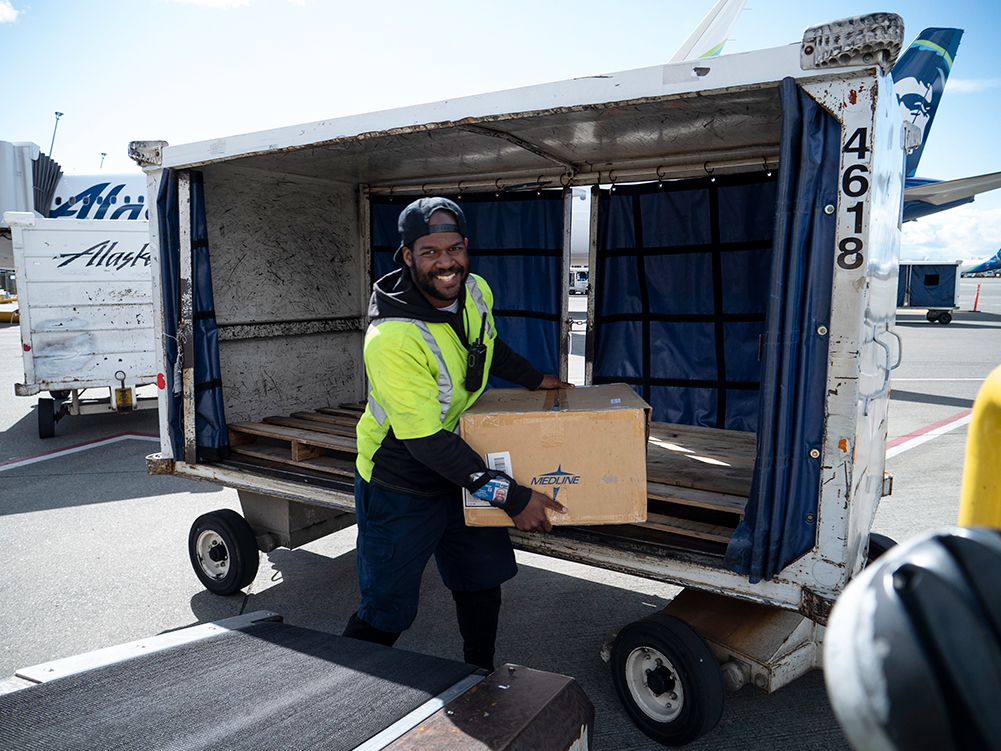
4
After learning firsthand of the stress that the pandemic was putting on medical workers, Joe Chocolate co-founders Sam Tanner (BA 2016) and Peter Keckemet (BA 2016) began offering cases of their “bits of buzz” at wholesale prices and shipping them directly to hospitals to offer customers a way to both thank and fortify caregivers.
5
Seeing that same stress on over-extended hospital workers on a global scale, Annie Young-Scrivner (BA 1991), then-CEO of Godiva Chocolatier (now leading Wella) and past chair of the Foster School Advisory Board, directed the donation of her company’s fine confections to frontline healthcare workers fighting COVID-19 around the world, including across the UW Medical system.
6
Two students balanced their studies in Foster’s Technology Management MBA Program with service on the frontlines of the state’s COVID-19 response. Hannah DeKay (MBA 2020) pivoted from being an occupational education coordinator for King County to managing Shoreline’s COVID-19 isolation and quarantine site. Kim Peifer (MBA 2021) led data management for the Washington State Department of Health, the team that tracks the pandemic and generates intelligence for health care organizations and policy makers.
7
Though the global shutdowns threatened the very survival of newly relaunched Eastern Airlines, CEO Steve Harfst (BA 1986) dedicated the carrier’s small fleet of airplanes and staff to repatriating thousands of American and Canadian travelers who were stranded by the pandemic across Central and South America—at no cost to government.
8
Addressing the critical shortage of medical supplies and equipment in the pandemic’s early days, EchoSystem co-founder and CEO Scott Barrows (BA 2000) converted his procurement platform for industrial chemicals into a no-cost national marketplace connecting hospitals, government agencies and non-profits with manufacturers and distributors of critical healthcare materials (isopropyl alcohol, hydrogen peroxide, chlorine dioxide) and products (N95 respirators, cotton swabs, endotracheal tubes, protective gear, test kits, ventilators, monitors).
9
Ridwell, the household recycling company co-founded by Justin Gough (MS 2018), redeployed its sprawling logistics network to organize home collection of hard-to-find hygiene products (toilet paper, sterile gloves, sanitizer, face masks), food, pet supplies and other critical items, then distribute them to area food banks, homeless shelters, senior care facilities and animal rescues that were suffering a crash in donations.
10
Foster faculty investigated important aspects of COVID-19, including the reasons why people focus on virus containment versus economic revival (Shailendra Jain), how social media influences mask wearing (Nidhi Agrawal and Lea Dunn), how Fox News reduced social distancing early in the pandemic (Shirsho Biswas), and how better modeling of local data can lower coronavirus infections (Shi Chen).
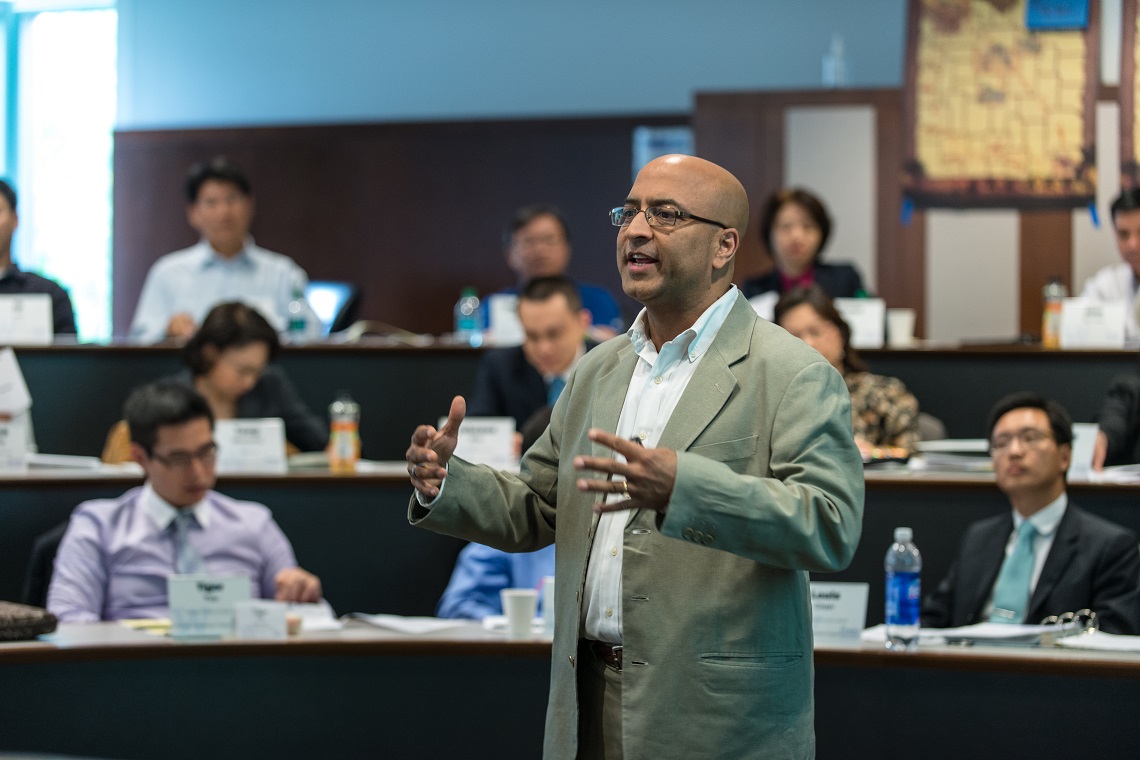
11
Aubrey MacKenzie (BA 2019), Mason Delahooke (BA 2018) and Dominik Gorecki (BA 2020) created the #Pledge1200 campaign, which urged signers to spend as much as possible of the federal stimulus money they receive at local businesses in mortal struggle to survive the pandemic’s restrictions.
12
Through the Consulting and Business Development Center, a team of Foster faculty produced a series of online “Recovery to Sustainable Growth” seminars designed to equip small business owners across the nationwide Ascend network with tools to address various challenges created by the pandemic. Instructors included Christina Fong, Jeff Shulman, Elizabeth Umphress, Thomas Gilbert, Shaosong Ou, Emer Dooley, Shi Chen and Reggie Brown.
13
Slightly Robot, a startup co-founded by Lavin Entrepreneurship Program graduate Justin Ith (BS 2017), adapted its sophisticated motion-sensing wristband to create the Immutouch, a smart band that vibrates as a warning when your hand gets too close to touching your eyes, nose or mouth—all primary vectors for infection of coronavirus and many other harmful pathogens.
 14
14
Dan Olson, an assistant professor of management at Foster and co-founder of an early stage biotech company called Exhalent Diagnostics, tabled development of a better field test for tuberculosis to pursue a breath-based screening diagnostic for COVID-19 that’s potentially faster, less-invasive and more accurate than existing molecular and antigen tests involving nasal or throat swabs.
 15
15
Last May, MBA students in the Foster Tech Club, led by Shobhit Gupta (MBA 2020), organized a pandemic virtual hackathon, which assembled teams of business, engineering, computer science and design students from across the UW to envision innovative solutions, enhanced by AI and machine learning, to the existential challenges facing schools, offices, restaurants, grocery stores, hospitals and other workplaces in the age of COVID-19.

